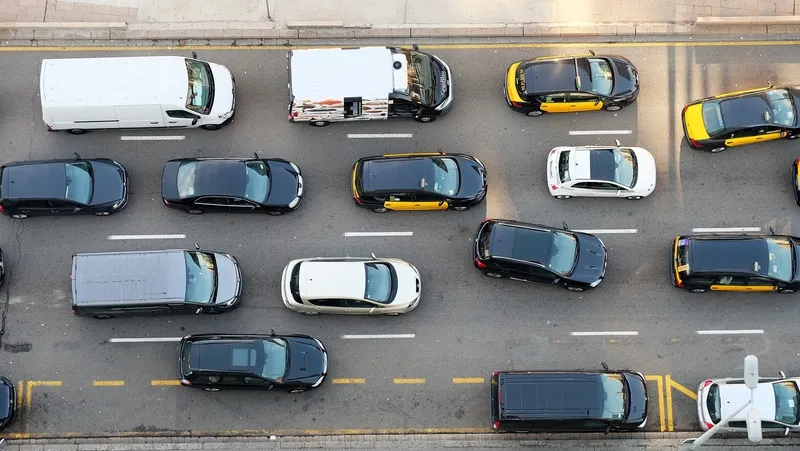Denso has previously tested this technology on its test course in Japan. Its goal with public road testing is to identify, analyse and solve real-life problems that do not occur on the test course.
The tests are being carried out as part of the traffic accident reduction activities of Aichi Prefectural Government’s Vehicle Safety Technology Project Team.
Denso has been developing its advanced driving assistance technology to achieve safer and more reliable driving while the driver remains in control of the vehicle. The company says development and commercialisation of this technology will help prevent traffic accidents and contribute to increasing safety.
Denso tests advanced driving support technology on public roads
Denso Corporation has begun testing advanced driving support technology on a public road in Aichi Prefecture, Japan. The company is testing automated driving scenarios in a single lane and testing automatic lane changes and other driving manoeuvres. Denso’s goal is to develop technologies that reduce driver workload and assist in safe driving.
Denso has previously tested this technology on its test course in Japan. Its goal with public road testing is to identify, analyse and solve real-life problems tha
July 17, 2014
Read time: 2 mins










